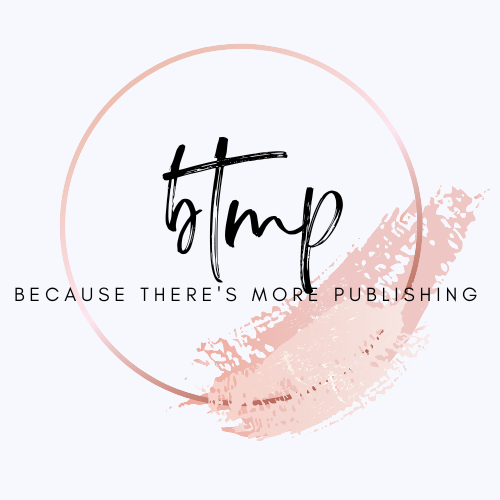As we continue our Book Outlining Series, it's time to explore two essential elements that...
Read MoreIf you’re an author or aspiring to be one, understanding copyright is crucial for protecting your work. Copyright grants you legal rights over your creation, ensuring that others can’t use it without your permission. This article explores what copyright is, why it’s important, and how you can apply for it for your book.
Copyright is a form of intellectual property protection that gives the creator of an original work exclusive rights to its use and distribution. These rights include the ability to reproduce, distribute, display, perform, and create derivative works from the original creation. Copyright protection exists for a variety of works, including books, music, art, films, and software. Key features of copyrights include:
Copyright protection is essential for authors because it helps them control how their work is used and ensures they receive recognition and compensation for their efforts. With a copyright, authors can:
Applying for copyright protection for your book is a relatively straightforward process. While copyright protection generally exists automatically upon creation of the work, registering your copyright provides additional legal benefits, such as the ability to sue for infringement and claim statutory damages. Here’s how to apply for copyright for your book:
Step 1: Complete Your Manuscript
Ensure that your book is complete and fixed in a tangible form, whether it’s a printed manuscript or a digital file. This is a prerequisite for copyright protection.
Step 2: Visit the Copyright Office Website
In the United States, the U.S. Copyright Office manages copyright registration. Visit the U.S. Copyright Office website to access forms and instructions for registering your book.
Step 3: Choose the Correct Registration Form
Select the appropriate form for book registration. The “Literary Works” form is typically used for books and other written works. You can fill out the form online or download a physical copy.
Step 4: Provide Information About Your Book
Complete the form by providing information about your book, including the title, author(s), date of creation, and publication details (if published). You may also need to describe the type of work and whether it’s a collective work or a compilation.
Step 5: Submit the Form and Fee
Submit the completed form and the required registration fee. Fees vary depending on the type of registration and the method of submission (online or physical). Be sure to include any additional required documents, such as a copy of the book for deposit.
Step 6: Receive Your Copyright Certificate
Once your registration is processed, you will receive a copyright certificate as proof of your book’s registration. This certificate is your legal documentation of copyright ownership.
In conclusion, copyright protection is vital for authors to safeguard their creative work and maintain control over its use and distribution. Applying for copyright for your book involves completing a registration form, providing details about your work, and paying a fee. By following these steps, you can ensure your book is legally protected and enjoy the benefits that copyright offers.

As we continue our Book Outlining Series, it's time to explore two essential elements that...
Read Moren Week 4 of our Book Outlining Series, learn how to create memorable, relatable characters...
Read MoreIn Week 3 of our Book Outlining Series, we’re diving into the heart of storytelling:...
Read MoreTo be the trusted partner for independent, Christian authors, empowering diverse voices, and shaping stories that inspire, educate, and connect readers around the world.